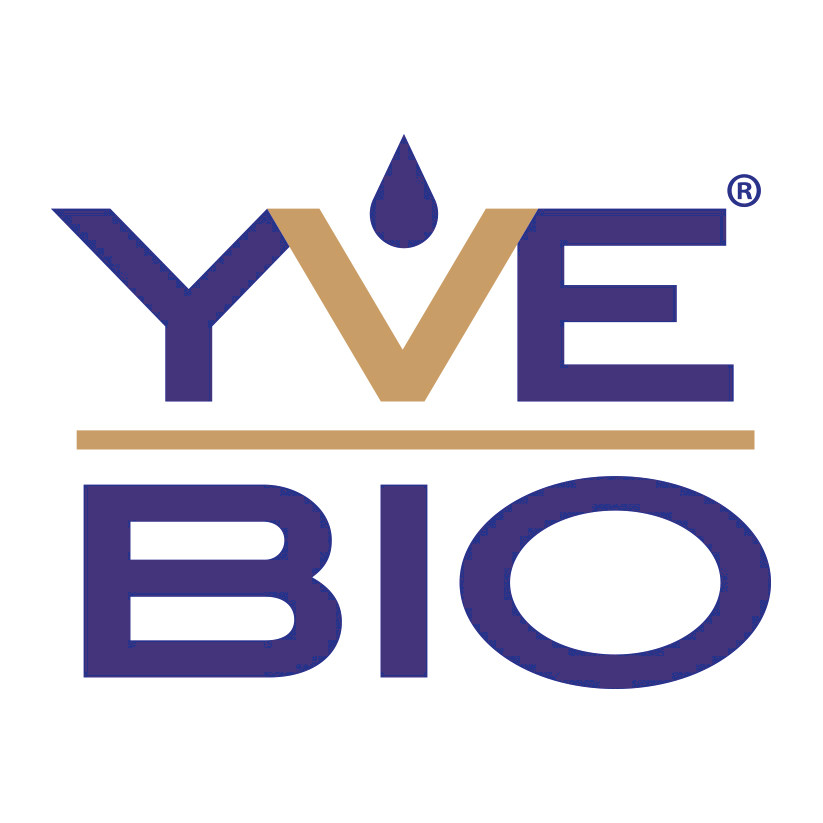Hazards Posed By Tap Water
The average person drinks around two liters of water, most likely coming from the tap. Most of us don’t even think about what comes out of our faucets. As long as the water’s clear, odor-free, and without sediments, you should be good to go — or are you?
There are many risks from tap water. Modern water crises come not only from polluted water but from badly treated water. Tap water can present significant health hazards that it’s so hard to think this can even happen in a civilized society.
Here are the many hazards posed by tap water and how water filtrations can solve this problem for you.
What Is Tap Water?
Before knowing its hazards, we need to clear the air first: what is tap water? Whether at your business or your home, tap water is water supplied from your faucet - usually coming straight to your pipes. Tap water is among the most common utilities available to any home, with the other being electricity.
You gain access to tap water through installed plumbing to your home, cleaned by filtration plants from your locale. In general, tap water is easy to access, immediately available and does not cost you a lot to keep.
While treatment facilities do their work properly, it’s the general travel from the treatment plants to your home and to your mouth that becomes the problem.
What Are The Common Dangers Of Tap Water?
Tap water has several health effects, depending on the type of contaminant that you find.
Cryptosporidium, for example, is a microscopic parasite that can find its way into open water sources. It is among the leading causes of a diarrheal disease called cryptosporidiosis from tap water, which can be fatal.
Lead in water sources, aquifers, and plumbing can cause long-term developmental issues in babies and children alike. Adults who drink lead-tainted tap water can also experience several complications over time. These include everything from kidney problems to a higher incidence of hypertensive emergencies.
Heavy Metal Contamination
Surface waters and aquifers have many different contaminants, microbes, and heavy metals. Depending on where you are, treatment facilities are not enough to keep your drinking water 100% clean. For starters, tap water still contains as many as 22 carcinogens even if the water meets legal standards set by the government.
These carcinogens include:
- Arsenic
- Radionuclides like uranium and radium
- Lead
- Copper
- Chlorine
- Perfluorooctanoic acid (PFOA)
- Perchlorates
- Manganese
- Mercury
Studies show that many of these metals can cumulatively result in as many as 100,000 cancer cases over a lifetime. Apart from heavy metals, there are other issues you’ll find with tap water.
Even with water sources passing through legal requirements for safety, you’re never truly safe. Until you find a way to filter your water even further, these heavy metals will likely be a consistent source of contamination.
Microbial Contaminants
In some cases, old and improperly maintained plumbing in your household and business can result in biological and chemical hazards too. Old homes and buildings will likely have outdated plumbing, with some using cement pipes lined with asbestos. These can result in asbestos-related health issues that come from tap water.
There are also badly installed or leaky plumbing that has several biological hazards, which include pathogens for E. coli, Giardia, enterovirus, cryptosporidium, and campylobacter. These can cause several illnesses and transmit diseases that include diarrhea, Hep A, typhoid, cholera, and dysentery.
While not all homes and small businesses will have this problem, you’ll never know if you’re affected unless there’s a proper risk assessment for your space. There are several factors that will affect how many hazards will be on your water.
Why Business Owners and Individuals Should Invest In Water Filters
Whether your tap water comes from the city or a deep well within your community, investing in water filters is a must for your home or small business.
Apart from water treatment facilities, water filtration at home or business can provide clean drinking water. It is a smart investment to keep you and the people around you safe from hazards in general. Everything that passes through your water filters will be clean, palatable water without heavy metals or disease-causing contaminants.
Water filtration systems save you a lot of money down the line. Rather than buy expensive bottled water, investing in water filters can give you a long-term assurance of safe drinking water. You also save more money as you experience fewer waterborne diseases, which mean fewer trips to the doctor and ER too.
Final Thoughts
Tap water has its own set of hazards. Even with governments spending millions with state-of-the-art treatment facilities, water contamination can still be rampant due to many factors within the system. Heavy metals, parasites, and harmful chemicals can be a detriment to your health, but there’s a solution for you.
Water filtration can solve many of the issues you will experience with tap water. It can help keep your drinking water fresh and clean, as well as save you money in the long run. Beware of the many potential hazards you’ll find in the water you drink. A little investment in water filtration now can save you a world of trouble tomorrow.
written by: Sophia Young
ABOUT THE AUTHOR:
Sophia Young is a content writer covering lifestyle and fashion topics. She’s actively participating as a guest blogger for various lifestyle blogs and has been co-authoring some articles of her colleagues. She’s currently enrolled in a content marketing course hoping to expand her knowledge in digital marketing.

 German
German French
French Italian
Italian Spanish
Spanish
